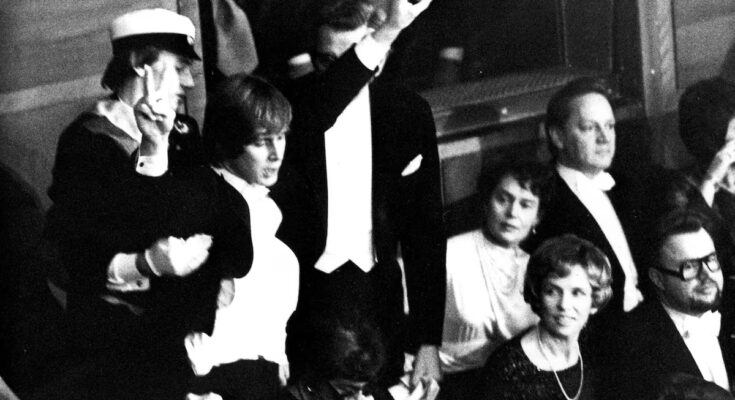Probably the biggest mistake that was made in the past in relation to the idea of progress was the status that we tended to attribute to it. For a long time he therefore got used to considering it as a balance sheet, as if it were something taken for granted. When in reality, as time has confirmed, the only way to understand it was in terms of aspiration, of a horizon towards which it would be worth striving for.
This modification of its statute clearly protects it from certain reproaches, while weakening its theoretical power. In fact, progress is no longer something verifiable or demonstrable and is placed on the same level as any other proposal for the future. It is no longer acceptable to present situations in which, far from improving, we have undoubtedly worsened, as if this were equivalent to the falsification of the idea. Nor does it occur by showing other situations in which the improvement is evident, among other things because any worsening would ruin the presumed verification (Popper taught us this).
But reducing progress to mere aspiration likely places this idea in a discursive landscape for which it did not seem designed and which is far from comfortable. Because if in its old position (as a balance sheet) it was everything that happened that gave it content, in the new one (as a horizon) it seems obligatory to explain what we want to happen in order to be able to qualify it as a sign of progress. With a non-negligible aggravating circumstance, namely that, in times of generalized nihilism, it is not easy to clarify what bonuses unequivocally worth aspiring to.
It is in this theoretical framework that Markus Gabriel’s book must be inscribed. His defense of the good continually looks askance at the discursive desert that our present has become. To get out of it, Gabriel tries a theoretical operation that evokes the one presented, in the nineties, by David Gauthier in his book Morality by agreement, consisting in maintaining, to put it succinctly, that goodness “pays off”. Or, to borrow the formulation put forward by a politician in this country at the time, “being honest is good business.” But the fact that the politician in question (Jordi Pujol) did not follow his own maxim does not ruin Gabriel’s thesis at all.
Because it is not a question of trusting that goodness will finally shine, will prevail under its own weight and we will end up moving forward, happily, towards a horizon of progress, but of organizing the world in such a way that, faced with Milton Friedman’s famous motto “the business of business is making business”, it makes sense to affirm that “the business of business is doing good and benefiting from it”, because “morally good businesses are profitable”, to put it in the words of Gabriel in this Doing Good. He calls this organization “ethical capitalism” and understands it as the result of a reconciliation between moral and economic value.
Let it be clear that Markus Gabriel is not naive. Indeed, he is in favor of companies engaging in “external state regulation,” i.e. coercive public policies in favor of the good, but it is difficult to avoid the feeling that he relies too much on the persuasive abilities of the good. In this regard, the examples he chooses to illustrate the thesis of the attractiveness of good never cease to strike, such as the disastrous drift that some social network (X) has had, according to him because it has decidedly sided with evil. Perhaps the statement has some truth, but it would have been more inspiring if he could have taken as an example an industry like the pharmaceutical industry, whose kindness humanity would greatly appreciate today.
do good
Mark Gabriel
Past and present, 2025
268 pages, 25 euros



